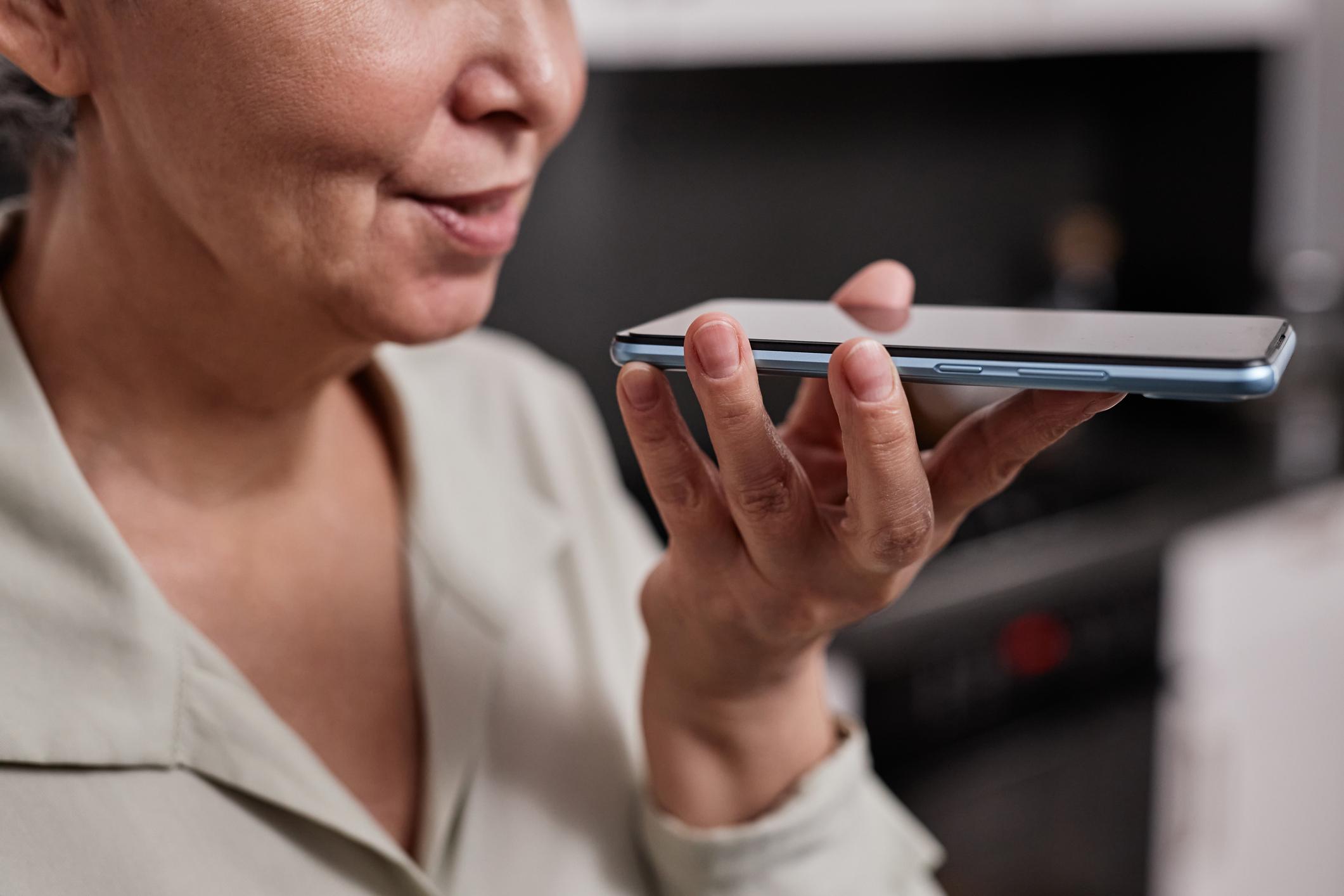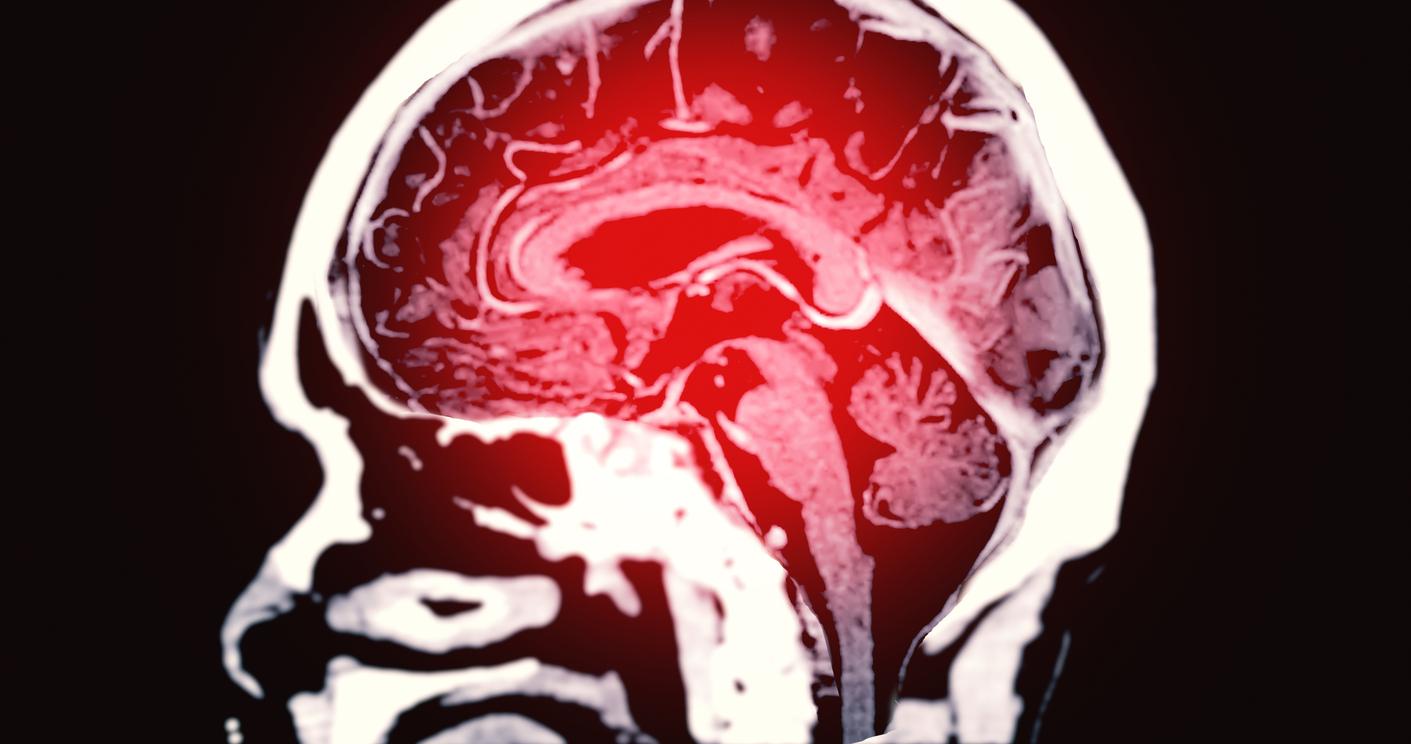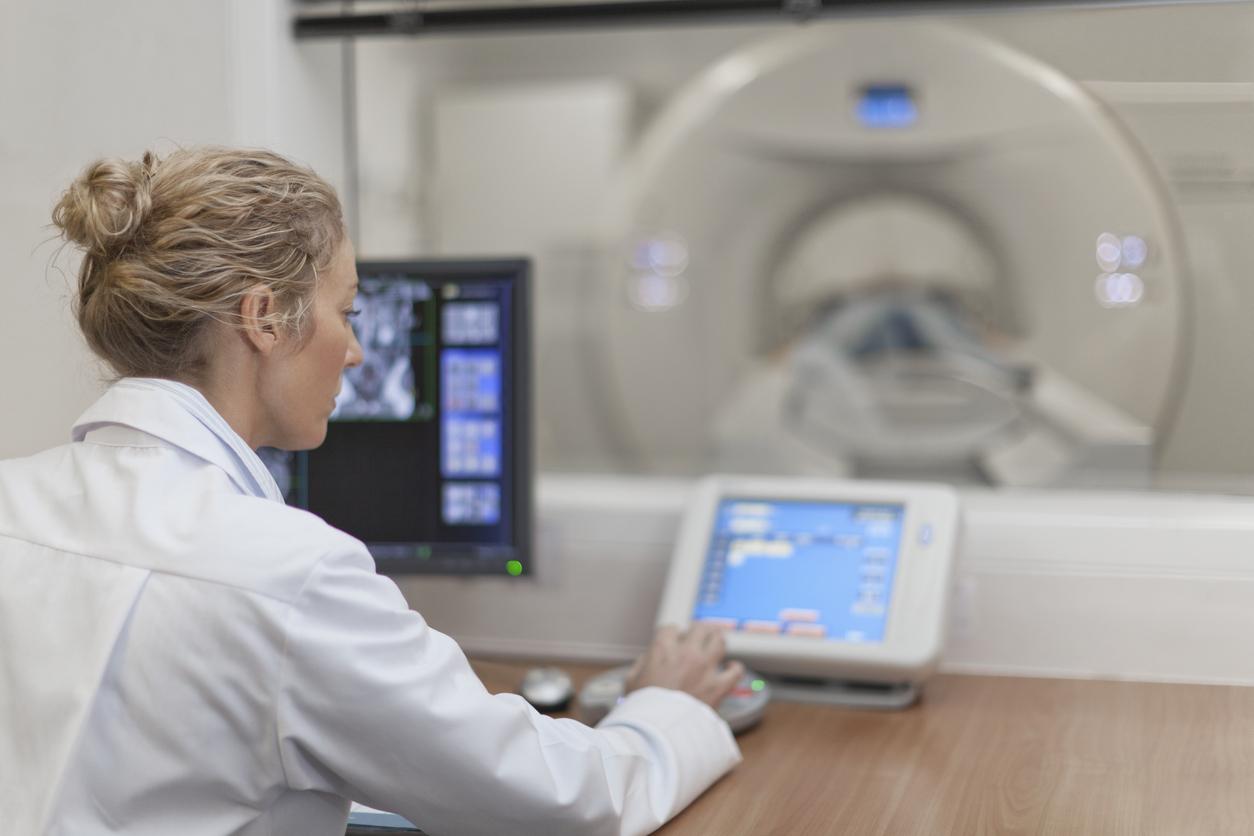British researchers have developed an application that allows people with aphasia to say and repeat commonly used words, which promotes spontaneous speech.

- The “iTalkBetter” app, developed by British scientists, helps adults with post-stroke aphasia correctly pronounce commonly used words at their own pace.
- In the study, it helped patients improve their ability to say and repeat words by 13%.
- Use of the app was associated with increased volume in brain regions related to language perception, production and control.
Aphasia is a neurological disorder affecting verbal communication. It occurs when a person suffers brain damage, usually on the left side of the organ, leading to speech or language difficulties. This partial or total loss of speech is one of the most disabling after-effects that affect stroke survivors. “Speech therapy is effective, but many hours of practice are necessary to achieve clinically significant progress. (…) Most health care systems under-dose hours for this paramedical discipline”indicated scientists from the Institute of Neurology at University College London (England).
The app helps adults with aphasia pronounce more than 200 words correctly
So, to alleviate the problem, they developed an application, called “iTalkBetter”, which offers speech therapy to people suffering from aphasia after suffering a stroke. It allows patients to say more than 200 commonly used words, at their own pace and with no limits on the amount of therapy they receive. While using games to maintain engagement, the in-app speech recognition system analyzes speech in real time to tell the user whether they have named the displayed word correctly.
To determine the effectiveness of their application, the team decided to conduct a study published in the journal eClinicalMedicine. As part of the work, the authors recruited 27 adults with aphasia following a stroke, between September 2020 and March 2022. Participants used the application over a period of six weeks for approximately 90 minutes per day. Researchers used structural and functional magnetic resonance imaging (MRI) to identify changes in brain states related to therapy.
Brain: an increase of 29 words spoken per person thanks to this speech therapy
According to the results, use of the app significantly improved patients’ ability to say and repeat words by 13% for the 200 commonly used words, an average increase of 29 words spoken per person. In addition, spontaneous speech also improved. “The beneficial effects persisted after three months,” the scientists clarified.
They also found that regions of the brain linked to the perception, production and control of language increased in volume after using the application, which will soon be accessible to all patients affected by this language disorder. “The more people with aphasia practiced, the more they were able to activate key auditory processing areas in the intact hemisphere,” said Alex Leffco-author of the study.


















